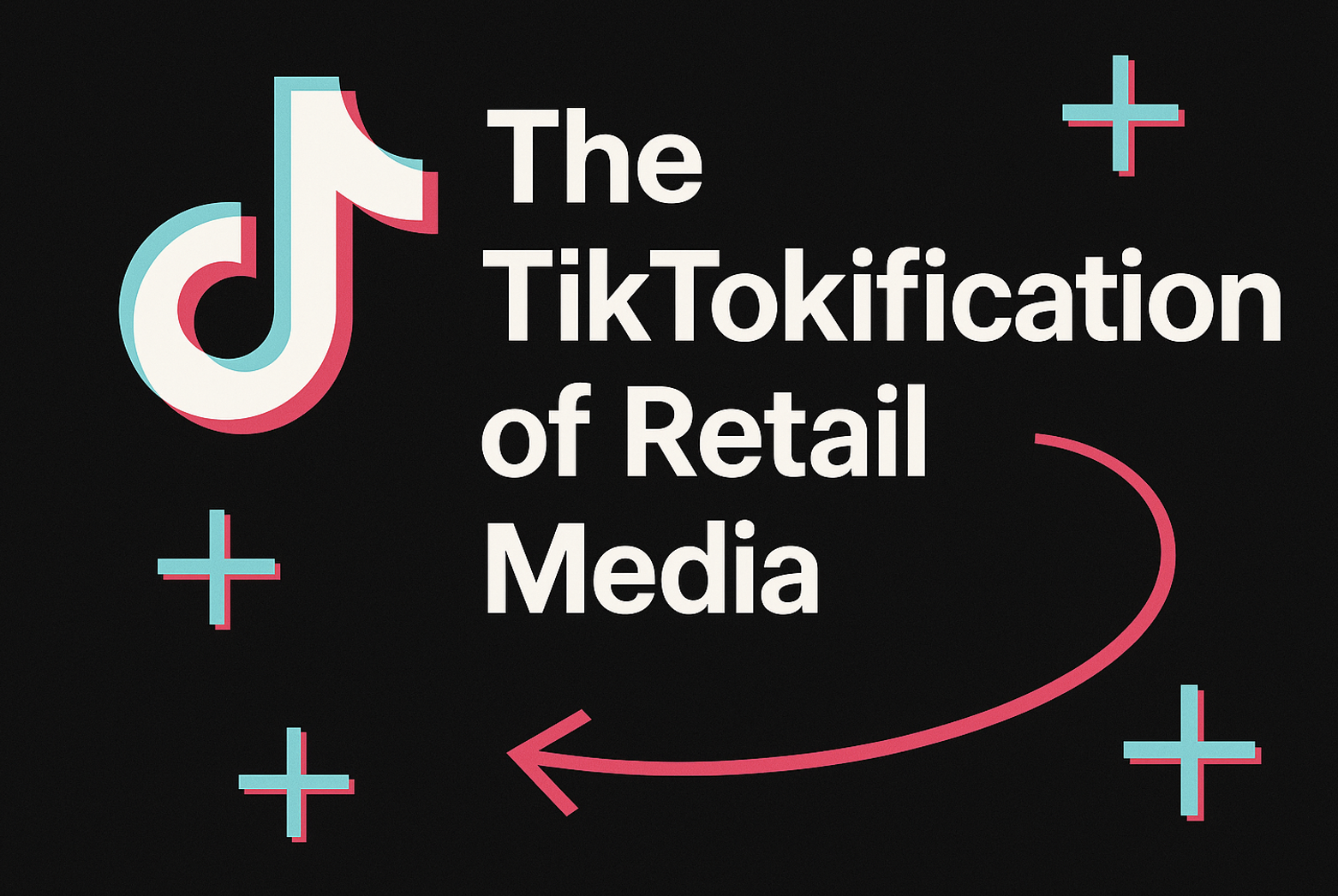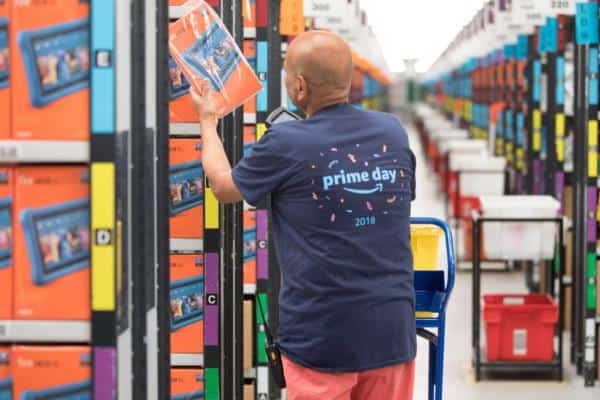I think it has been a slow week for mobile news: it’s hard to tell since the latest upgrade to iOS killed most of the useful functionality of my iPhone. In case you are wondering – or in case you haven’t yet upgraded to iOS9.3 (if you haven’t don’t!) – the latest upgrade has a bug in it. A bug that makes links in emails, safari and some other apps at best not work, at worst crash the phone.
Now, how a company with the reputation for quality such as Apple manages to put out an update that has such devastating effect is beyond comprehension. This sort of thing only happens to Android users. Or, it used to.
Whoosh! There goes the plot that Apple finally lost.
The company has rolled out too many products – including a cheap iPhone, a gold iPhone and a stylus. A stylus! None of these things would have fitted into Steve Jobs’ minimalist approach to design and none would have been made. Pleasing shareholders and trying to get even more money in the bank is starting to make Apple just like everyone else – with shoddy products to match.
This is a shame for all us long-time Apple fans. It’s also a shame for those of us who have foolishly got used to our email linking to the web and Google searches on the phone leading to results one can use. In a stroke this has pretty much rendered my phone useless to me.
And there is lies the rub. I realised this weekend, as my phone became a paper weight, that I totally rely on links. In fact, across all my devices the ability to simply click a link in one programme to open up something else in another, is essential for business.
The Apple glitch has killed – for the time being until it is fixed – email marketing for me on my phone. It has killed paid search results. It has killed m-web based m-retail for me currently. Well, apart from Amazon: that still seems to work.
This is one of the overaching problems with m-commerce: the theory is all there and, for many retailers, it is being put into practice. However, the tech simply fails.
According to research by Apteligent, iOS is still the ‘most stable’ OS and this particular update appears to have the least number of crashes and a healthy adoption rate. But there is still an average crash rate over the past eight days of 2.2%. For the sake of comparison, that’s better than any current Android release, including the most recent Android Marshmallow, which stands at 2.6%.
Apteligent predict’s iOS 9.3 will hit 50% adoption by April 14th while Android updates continue to be stalled with Marshmallow at about 10% adoption, because of reliability issues with updates.
OSs are clearly one weak link in the chain – and the latest iOS bug one of the weakest (just to reiterate how p**sed off I am about this epic fail) – but this is only the tip of the iceberg. Complaints to network operators are up across the board – Vodafone doing particularly badly – and if you live in Oxford you are still recovering from a two week service fail by O2 thanks to another upgrade to the network.
Anyone who has ever been to anywhere offering public wifi can also attest that its patchy and slow at best – even when you pay for it – and websites and apps typically offer very little in pan-device working right now.
While consumers may be looking at how they will be using Bitcoin, AI, VR and more by 2020, unless the basic tech keeps up then none of these things are going to offer the kind of level of experience these millennials expect, nay demand.
One week of my iPhone not running links has made me mad as hell and forced me to do online stuff purely on my laptop. Expand that frustration across all things m-commerce and retailers face a real problem. Time to start lobbying the overly powerful phone makers and networks to up their game.








